Sunscreen
Sunscreen is essential for protecting your skin. But what kind of sunscreen do you need, and how much protection should it offer? Do you need to worry about UVA as well as UVB? And must you really wear sun cream every day?
There really are so many questions when it comes to sun protection, despite sunscreen being such an integral part of all of our routines (as we like to always bang on about here at TTG). Luckily, all these questions and more are answered in our FAQs below, and if you haven’t found a sunscreen you actually like to wear just yet, we have the suggestions and advice you need to make the decision so much easier.
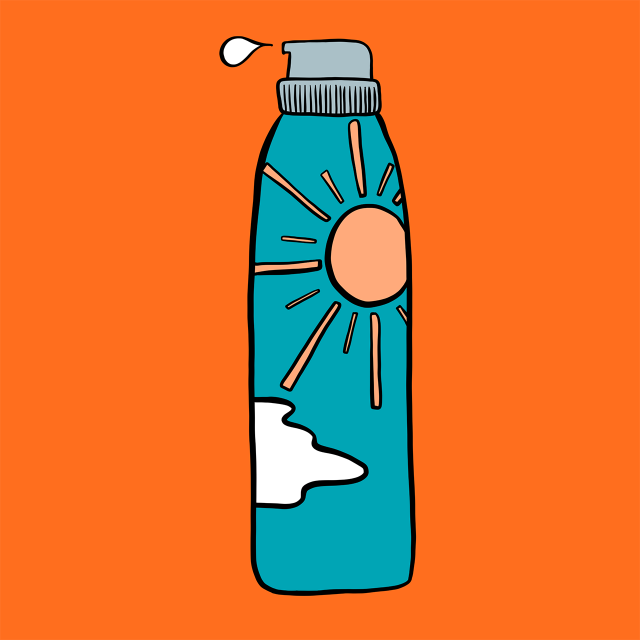

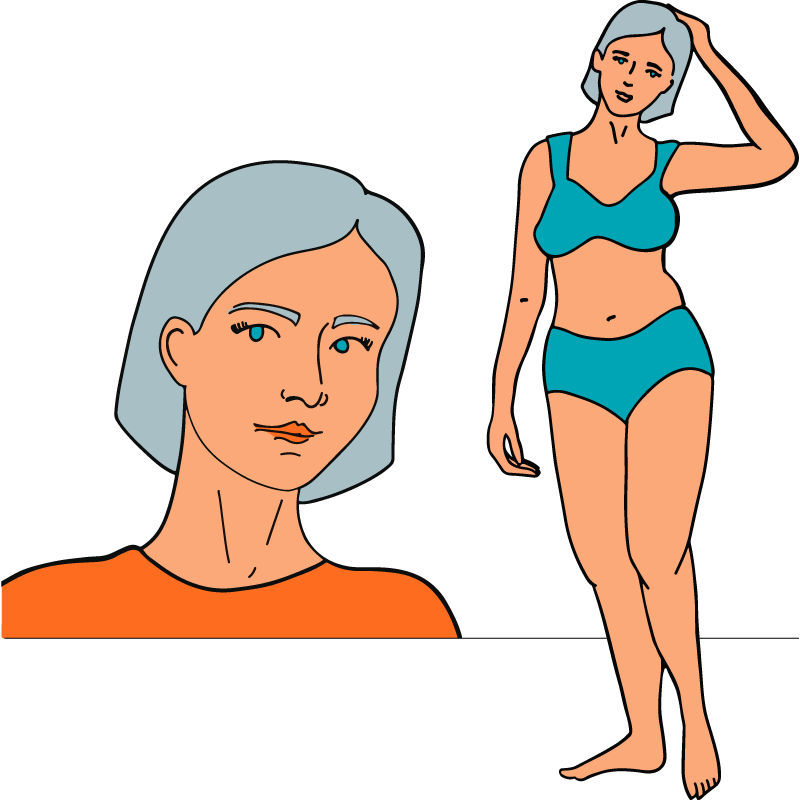



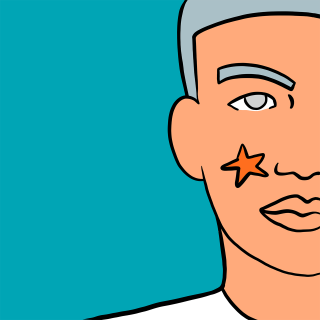
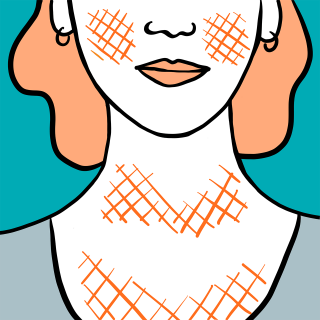
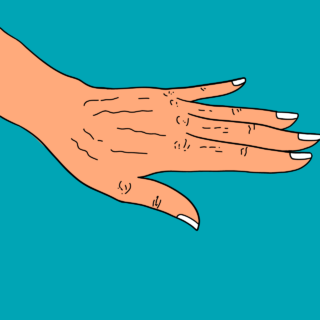
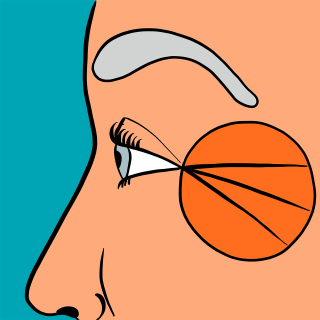
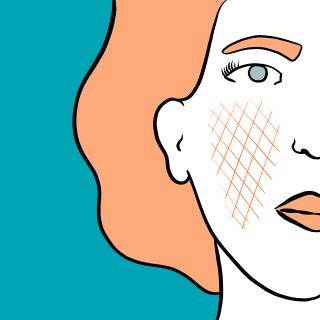
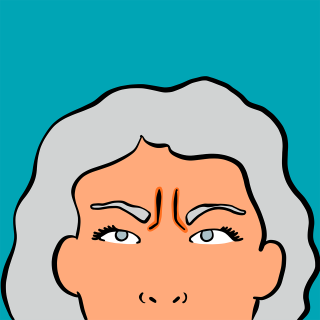
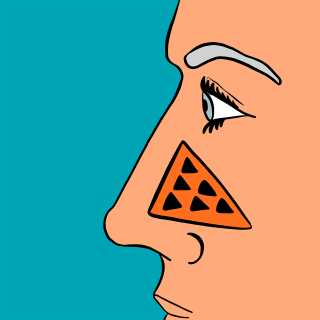
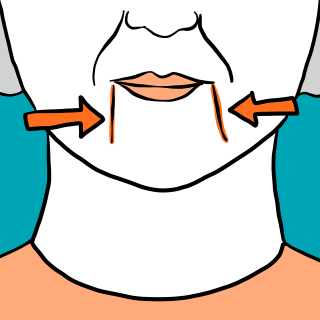
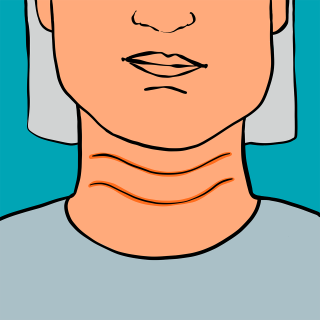
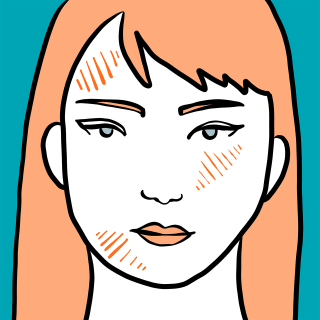
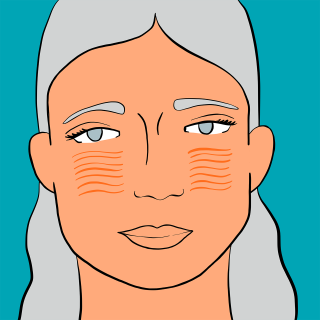
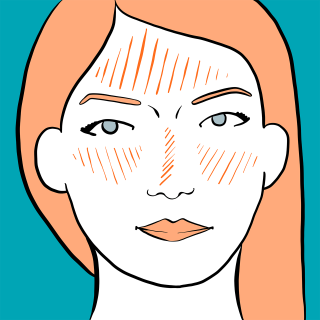
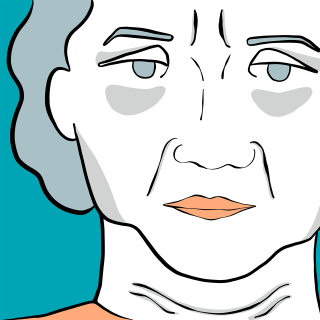
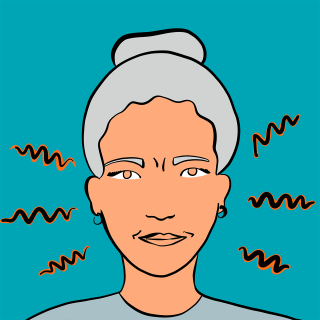
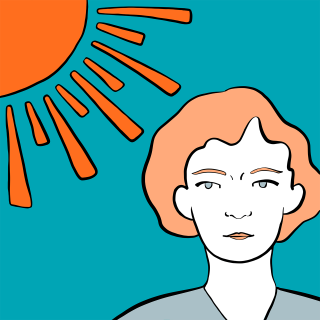
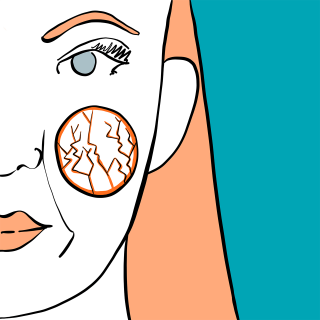

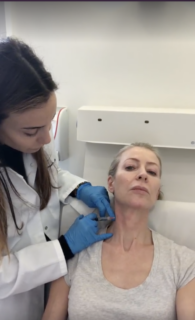
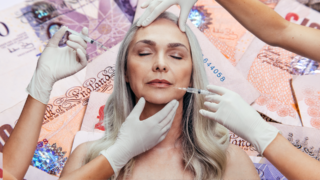
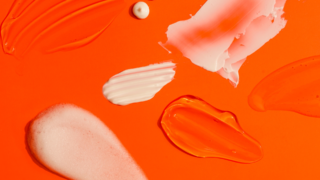
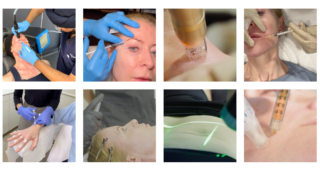
 The Tweakments Chatbot
The Tweakments Chatbot